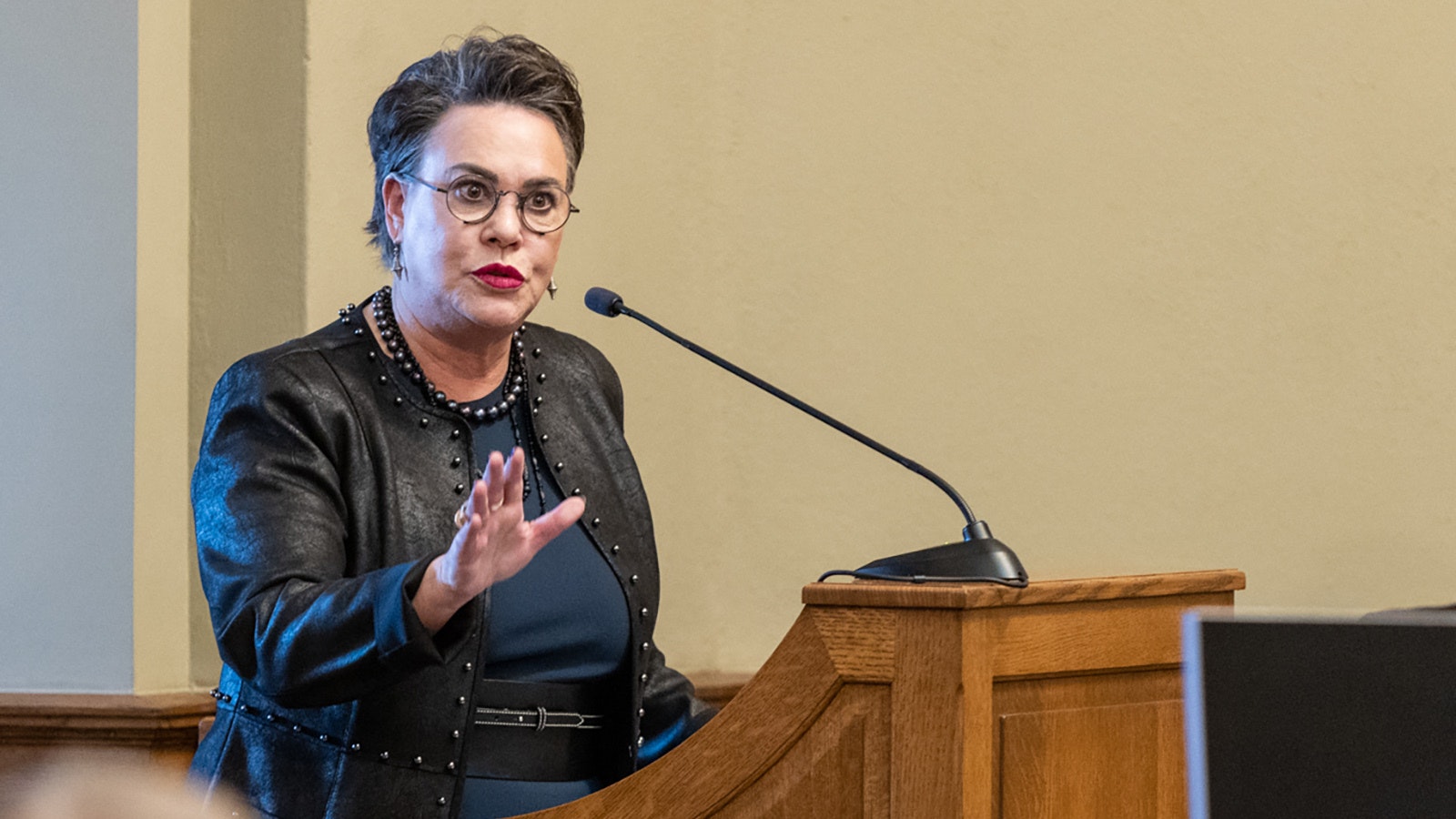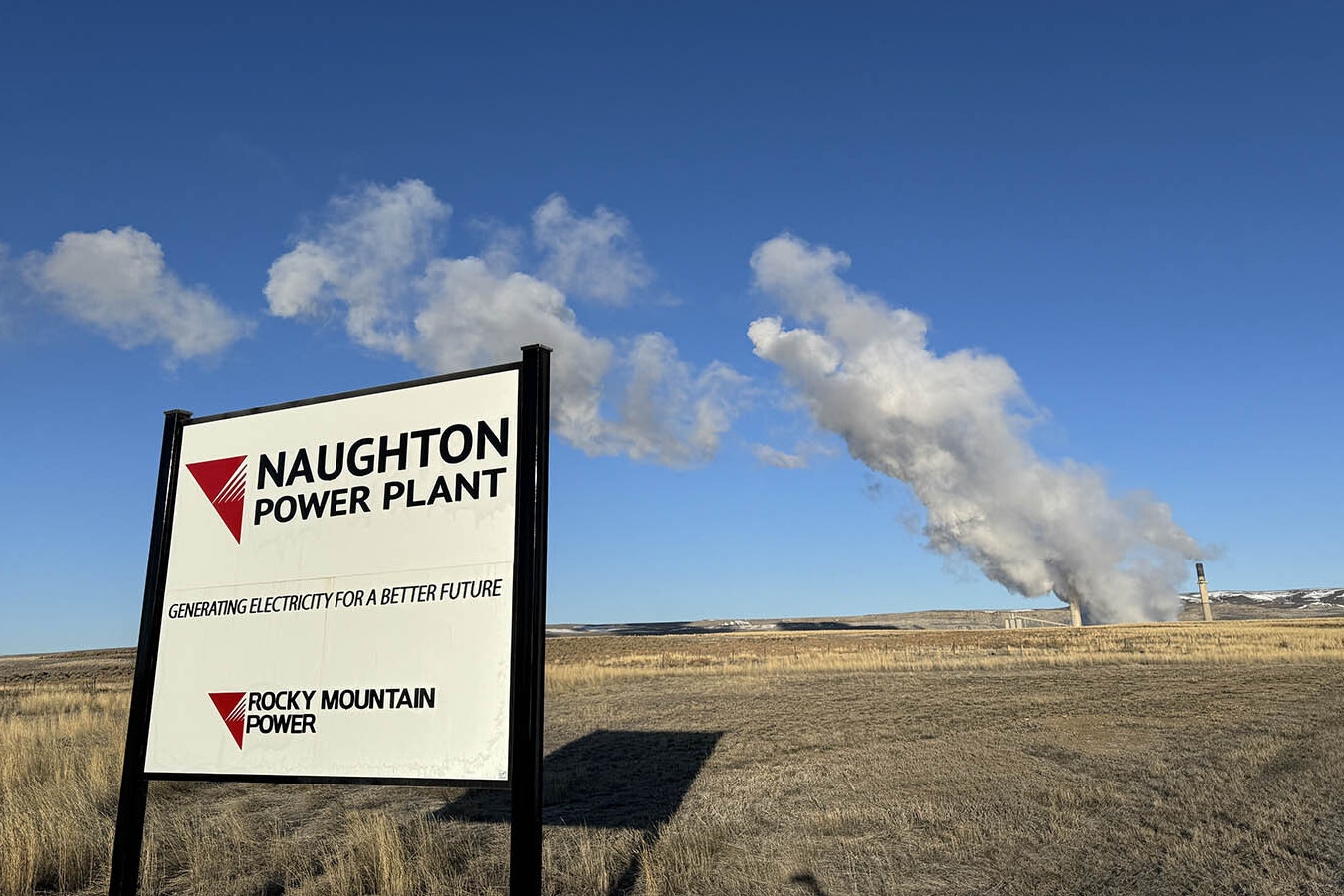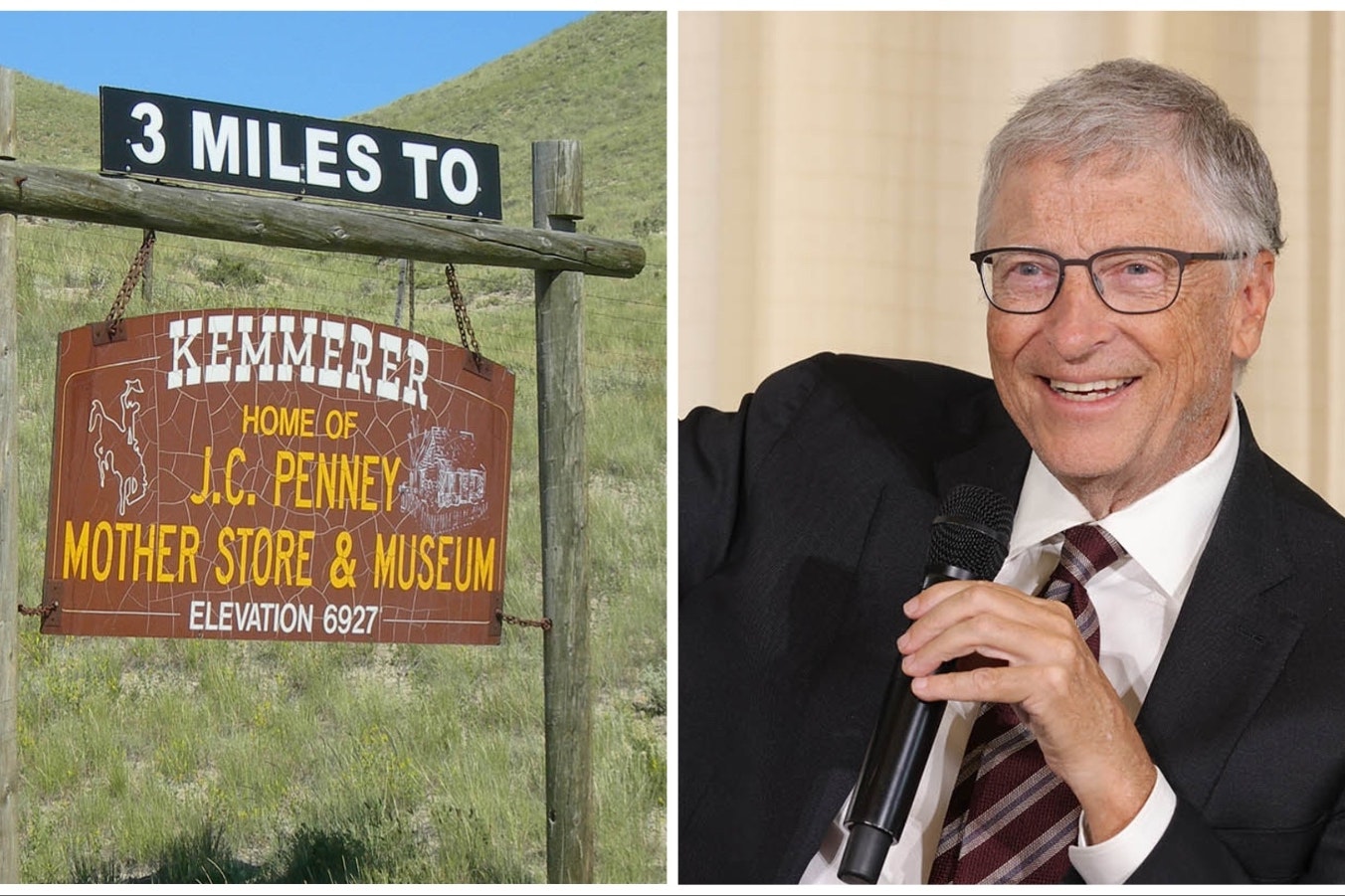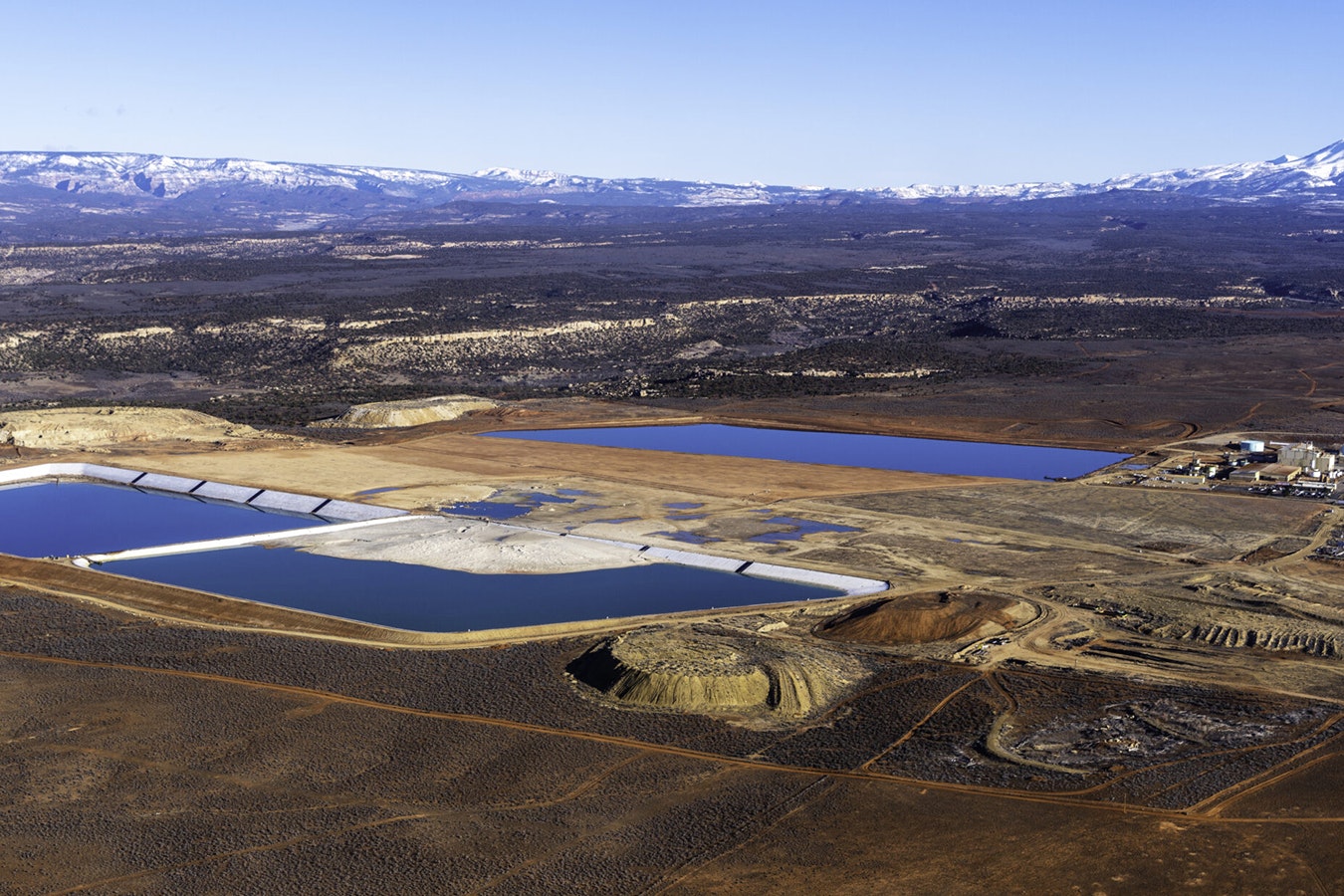Launching civil lawsuits against oil companies for allegedly harming people with climate change is nothing new, but now some legal experts propose criminal prosecutions.
A new academic paper in the Harvard Law Review posits a legal theory called climate homicide.
Wyoming Rep. Harriet Hageman, who was a trial lawyer for nearly 30 years and worked on cases involving water and natural resource issues, told Cowboy State Daily the legal theory has no merit.
"The idea that you could turn around and criminally prosecute [oil companies] is absurd," Hageman said. "The people who are pursuing those kinds of claims should have to pay all the costs and fees associated with any litigation that would come out of that because it will be clearly a frivolous argument."
Climate Homicide
Oil companies supply 80% of the worlds primary energy, a figure that remains largely unchanged in the past 30 years, according to a BP Statistical Review of World Energy, and the world's population continues to use more every year.
Besides energy, oil and natural gas are used to make thousands of products, including modern fertilizers, pharmaceuticals, shampoo and eyeglasses.
The Harvard Law Review papers authors argue that prosecutors regularly bring homicide charges against people and corporations who cause deaths through reckless or negligent acts.
Investigations have shown that oil companies were studying climate change, along with many scientists across the globe, and recognized what they all did that carbon dioxide emissions could impact the climate.
Since oil companies didn't curtail production in response to these findings, the papers authors argue, those companies can be culpable for lethal impacts from their products.
Homicide prosecutions for far less culpable and lethal conduct are regularly undertaken across the country, the paper says. People are regularly indicted and convicted over momentary negligence that kills a single person.
Missing Data
According to the International Disaster Database, a nonpartisan source for statistics on deaths from natural disasters, the number of people dying in climate-related natural disasters has fallen 98% since 1920. The climate-homicide paper doesn't mention this.
The paper cites studies on heat-related deaths, which is one type of natural disaster that has seen increased deaths. Using a climate model called RCP8.5, the paper extrapolates a figure of 500 million deaths by 2100. Climate experts have called the RCP8.5 model implausible and too extreme.
The paper claims that oil companies have funded efforts to call sound science into doubt and that the climate change that they forecast has already killed thousands of people in the United States.
Cowboy State Daily reached out to lead author, David Arkush, director of Public Citizens climate program and fellow at the Roosevelt Institute, to ask if he is aware of the International Disaster Database statistics and if they undermine the papers legal theory. Arkush didn't respond.
Proving Causality
Hoping to convince oil companies to stop producing petroleum or get states to ban them, climate activists have launched multiple legal strategies, including civil lawsuits.
The city of Boulder, along with a couple Colorado counties, are suing ExxonMobil and Suncor for allegedly harming the states agriculture and skiing industries, even though those sectors are entirely dependent on fossil fuels.
Our Children's Trust uses kids to sue states for not doing enough to address climate change. None of the nonprofits efforts have been successful, but a lawsuit against the state of Montana goes to trial in June.
Karen Budd-Falen, a public lands legal expert who served in both the Reagan and Trump administrations, explained last week in a Cowboy State Daily article on the Colorado lawsuits that the problem these lawsuits consistently run into is proving a causal connection between the harms the plaintiffs claim and what the oil companies are doing.
Higher Standard
To be successful, criminal prosecutions would have to reach an even higher standard than civil lawsuits.
Longtime Wyoming attorney Bruce Moats said that, in civil cases, a plaintiff must prove what a claim is more likely than not.
"Which basically means 51%," he said. "Thats a rough way of saying it, but its like 51% likely to have happened."
In a criminal case, the standard is beyond a reasonable doubt.
Moats said some civil cases involve a standard of clear and convincing evidence, which is between more like than not and beyond a reasonable doubt.
Hageman said a criminal prosecution of oil companies wouldn't be able to meet the standard to be successful because the companies are acting within the regulations set forth by the government.
"They're not going to be able to prove beyond a reasonable doubt because every single one of these companies have been producing oil and gas resources our coal, our uranium or our critical minerals pursuant to permits that were granted by the government," Hageman said.
Morality Of Abundance
Hageman said that climate lawsuits and the climate homicide legal theory reflects a desperation on the part of climate activists.
"It shows you how completely bankrupt they are in terms of actually addressing the energy issue with legitimate discussions about what our policy should be," Hageman said.
She said that the United States has proven it can produce enough energy and do it responsibly. "Climate activists," Hageman said, "don't want abundant energy."
"They believe in the morality of scarcity," she said. "I believe in the morality of abundance. I believe in comfort rather than misery, and I believe in healthy and happy families rather than abject poverty."





